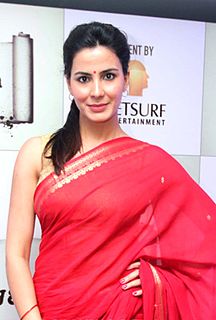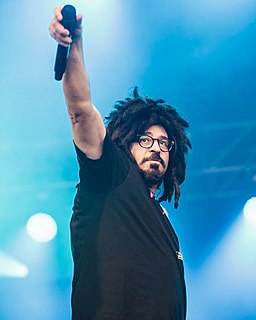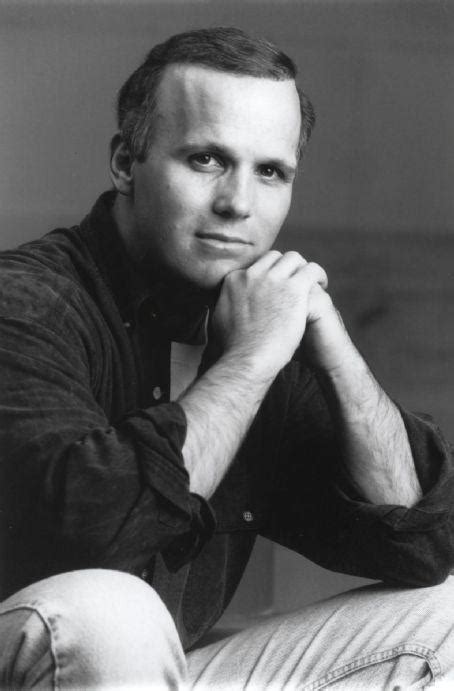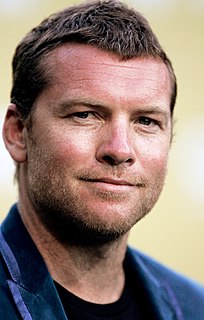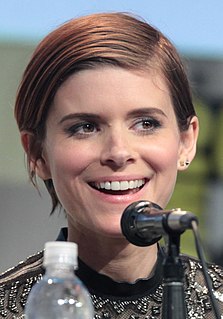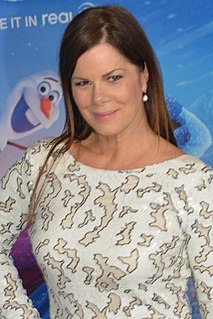A Quote by Kirti Kulhari
I won't deny that when you look at a director's work, you are aware of the different works that they have done. For me, what's more important is my instinct about that person.
Related Quotes
A lot of life is about how you feel relating to dealing with this person or that person. If this person makes you feel good, then they're a person to be around; if they don't, they're not. Being in a band is different. The group is the more important part, and you have to kind of shift the way you look at life when you're in a group of people that you work with.
It [the scene] can be something given to you and you go, "Ah this is a good idea, I can work with this." Sometimes it cuts right across your instinct and that's when I might resist. Even if the director might be insistent, I think it's very important to say, "Look, I'm not feeling this. I'll try to make it work but I got to let you know."
I'm looking for things where, like with 'Ten,' I don't look like me, and I'm playing something a bit different. I'm just trying to flex a different muscle and see if it works. I've saved the world and killed monsters and done all that. Now I want to try something a bit different and a bit more challenging.
My instinct about a human being is paramount. For me, when a director has walked into my room or an assistant that I have hired, who has later gone on to become a director, is purely based on human instinct, be it Ayan Mukerji, Karan Malhotra, Punit Malhotra or Tarun Mansukhani. I am very susceptible to human energy and energy of spaces.
I like to adapt to a director's way of working. I love doing that. Each director is so different, and you have to adapt to this new way of doing something. That's what's amazing to me. That's why I love directors. I don't want to director to have to work around me. I think it's more fun for me to come in on their thing.
